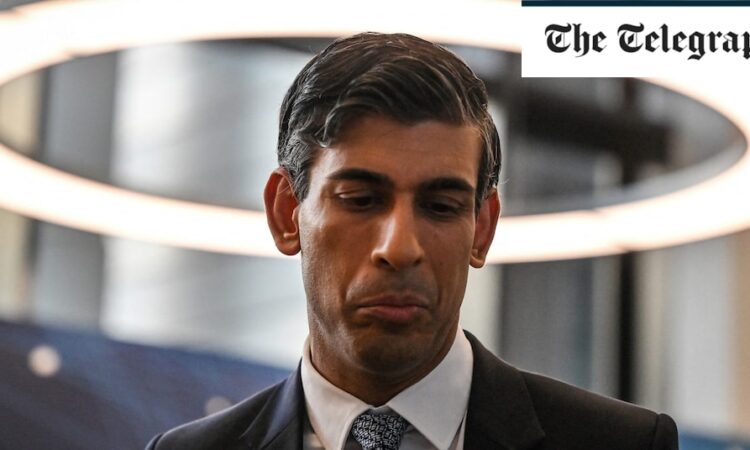
Historical analysis shows that when the GfK measure of consumer confidence is above -15, the incumbent government has a decent chance of being re-elected. This measure recently rose from -19 in April to -17 in May, so within a whisker of that supposedly critical level. And a further improvement to -15 or better is certainly possible in coming weeks.
Beyond the election, though, it is far from plain sailing. Admittedly, inflation could carry on falling and interest rates could be reduced in August and perhaps again later. But, as things stand, the fiscal position looks far from rosy.
This may well have been a critical factor influencing the Prime Minister’s decision to call the election in July, rather than waiting until October or November as had been widely assumed. The attractions of the latter were largely based on the hope that another “fiscal event” could be staged then, allowing the Government to cut taxes, including, perhaps, a third reduction in employee National Insurance contributions.
But recently the fiscal outlook has become cloudier. Of course, government expenditure is under upward pressure from all the usual sources, including the NHS and defence. Recently, the tainted blood scandal threatens to be resolved only with the payment of about £10bn in compensation. In fact, that shouldn’t make things more difficult for the fiscal rules since it will be a one-off payment. The Government’s standing against the key fiscal rule, namely that the ratio of government debt to GDP must be falling in five years’ time, should be unaffected.
What has really made the difference to the fiscal outlook is the recent deterioration in interest rate expectations and bond yields, following the slower than expected fall in inflation. This phenomenon began in the United States but it continued over here.
The result is that, whereas at the time of the Budget, the OBR estimated that there was headroom above the fiscal rules of about £9bn, and at one point subsequently it looked that headroom could be much larger, it now looks as though the figure could be as low as £5bn. That would buy next to no handouts.
Of course, all this can change. Not the economic fundamentals, mind. Slow productivity growth cannot change radically by autumn. Similarly, the debt ratio is bound to still be uncomfortably high.
But, as Carville warned, the bond markets are both powerful and fickle. With the Prime Minister having gone for an early election partly because there will supposedly be no money in the kitty come autumn, if Labour were to win, it would be deeply ironic if a sharp fall in interest rate expectations and bond yields presented the new chancellor with a significant amount of fiscal headroom for Labour’s first “fiscal event”.
Roger Bootle is senior independent adviser to Capital Economics. roger.bootle@capitaleconomics.com






